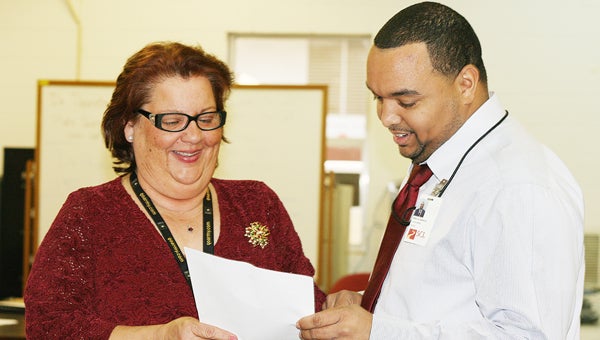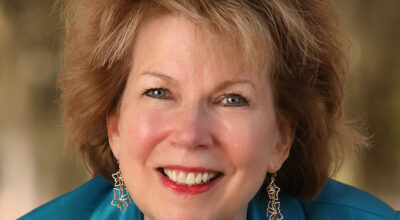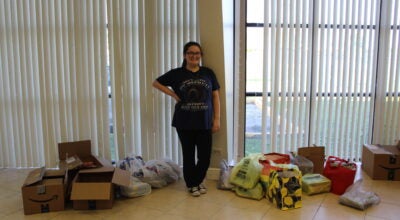New SCLTC dean stretching impact
Published 12:10 am Saturday, December 12, 2015

- South Central Technical College Reserve campus dean Penelope Freeman goes over some paperwork with Director of Student Affairs Melvin Harrison, right.
RESERVE — Penelope Freeman has been a part of the staff at South Central Technical College Reserve campus since 2012. Beginning as a part-time employee, she has made her way to full time staff to department head and now, campus dean.
Director of Student Affairs Melvin Harrison said Freeman’s work ethic sets her apart as a workhorse.
“She is one of those people who likes to get things done,” Harrison said. “(Freeman) is very easy to work with, and most of the time she is a jovial, glass-half-full kind of person.”
Harrison has known Freeman since he started working at the college three years ago.
“She is very easy to collaborate with,” Harrison said. “She is always looking for solutions and trying to figure out ways to fix things around here.”
Before she took the position as dean Aug. 3, Freeman was head of the college’s business department.
Because Freeman “came up through the ranks,” Harrison believes the new dean understands different perspectives, which help her to succeed.
“She understands the perspective of being an adjunct faculty member, she understands what is like to be a full time faculty member and what’s required with that and she understands the aspect of being a department head,” he said. “She knows about scheduling, our reporting and everything else that goes on. Another reason I believe she is doing a great job is because she came with a lot of management experience. All of that has helped her transition very smoothly, and it almost seems like seamless transition from our former dean to her now.”
According to Freeman, the dean does “just about everything,” but is officially in charge of the campus.
“You are in charge of managing the faculty and most of the staff,” Freeman said. “The dean is in charge of curriculums, making sure teachers are teaching the way they are supposed to be teaching and handling students’ complaints and teachers’ complaints.”
As dean, Freeman also takes care of maintenance issues, dealing with budgets and a number of other things.
Even though she loved to teach, Freeman applied for the dean position so she could make a bigger difference.
“In my little realm as in instructor, I had about 300 students,” she said. “I took the broader view and thought instead of making a difference in 300 lives, I could actually make a difference in 1,200 lives. I made my decision based on being able to spread out my talents to touch more lives.”
Freeman is following through on that goal through new programs.
“We are starting a new program in 2016 that is going to be for industrial electricians,” she said. “It’s something that industries ask for. We were able to find some space and an instructor and now we are in the process of getting it approved. I would say that is one of my first accomplishments as dean.”
Another project starting under her administration is a scholar’s academy that begins in January.
“We’ve pulled it together in the last couple of months,” Freeman said. “It’s going to offer 25 students who have lower GPAs extra assistance through their first year.
“They are going to have special tutoring, special projects and a little more assistance with any remedials they have to do. This academy is going help them get through their first year so they can get their Associate’s degree on time with everyone else.”
Another project Freeman is working on is getting St. John the Baptist Parish Schools involved with the Technical College.
“I feel there are too many students from East St. John in particular that we miss out on,” she said. “They don’t come here, and I don’t know if it’s that they don’t think they can or they don’t think they will quality for finical aid. I don’t know what the reason is. We have very few students from East St. John, and that’s going to be my target point in 2016. We have so many different programs to offer, and there is a lot of opportunity here. I need to figure out why they aren’t coming here and see if I can’t open that door and show them what we have here. I really believe in what we do here, it’s really important.”
By Raquel Derganz Baker





